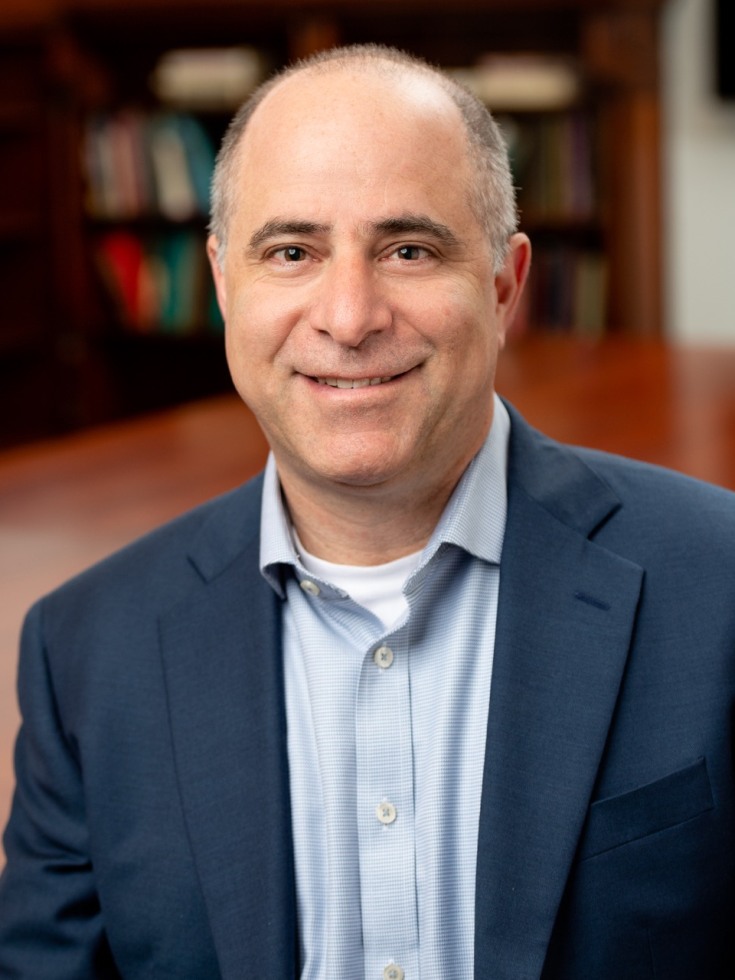PROVIDENCE, R.I. [Brown University] — Ethan Pollock, a distinguished faculty member and academic leader with nearly 20 years of service to Brown, will become the University’s new dean of the College, effective July 1.
In the role, Pollock will serve as Brown’s senior officer with oversight of undergraduate programs, whose responsibilities include overseeing the University’s student-centered Open Curriculum, academic advising, study abroad, undergraduate research opportunities and career exploration.
In a Tuesday, May 6, campus message announcing Pollock’s appointment, Provost Francis J. Doyle III said the history scholar’s experience as an accomplished educator, researcher, adviser and academic department leader position him for success as dean.
“Ethan is an exceptionally thoughtful scholar with a deep understanding and appreciation for the College and a commitment to ensuring that students can fully access the singular academic experience that Brown offers,” Doyle wrote. “For nearly 20 years, he has embodied Brown’s mission and values through his teaching, research and effective leadership, driven by vision, energy and empathy.”
Reporting directly to Doyle, Pollock will serve as a member of the president’s cabinet, the president’s executive committee and the provost’s leadership group of senior academic deans, which coordinates academic priorities across the University. He succeeds Professor of Engineering and Physics Rashid Zia, who will conclude his term in June and return to the Brown faculty.
A professor of history and Slavic studies who joined the Brown faculty in 2006, Pollock has served as chair of the Department of History since 2020. In that role, he has led one of the largest academic departments on campus, advancing the curriculum for undergraduate and graduate students and expanding collaborations with other departments, centers and institutes at the University.
“I value our undergraduates and the Open Curriculum and the way it nurtures collaborative scholarship and research,” Pollock said. “In my experience, bringing together students, faculty and staff from diverse disciplines and who have diverse views and life experiences is vital to learning. I’m eager to create circumstances that allow all students, faculty and staff to thrive and to carry forward Rashid Zia’s work to protect the strengths of the College.”
As dean, Pollock said he will work to sustain Brown’s distinctive strengths in academic advising, experiential learning, study abroad and financial support for students, as well as the University’s innovative approaches to undergraduate education and career exploration.
